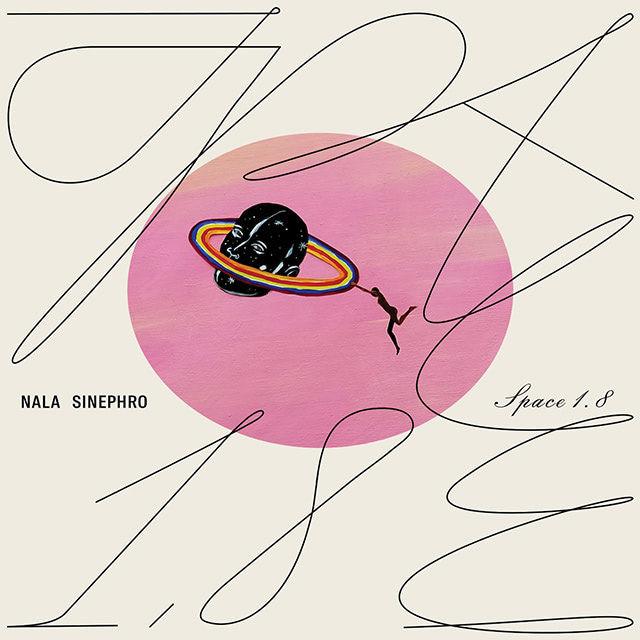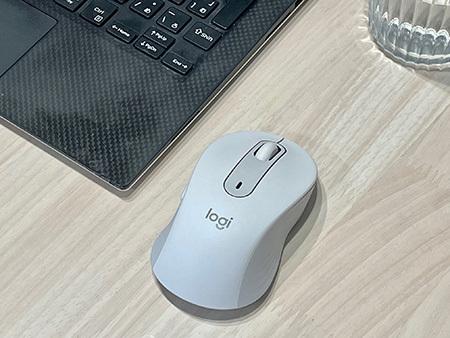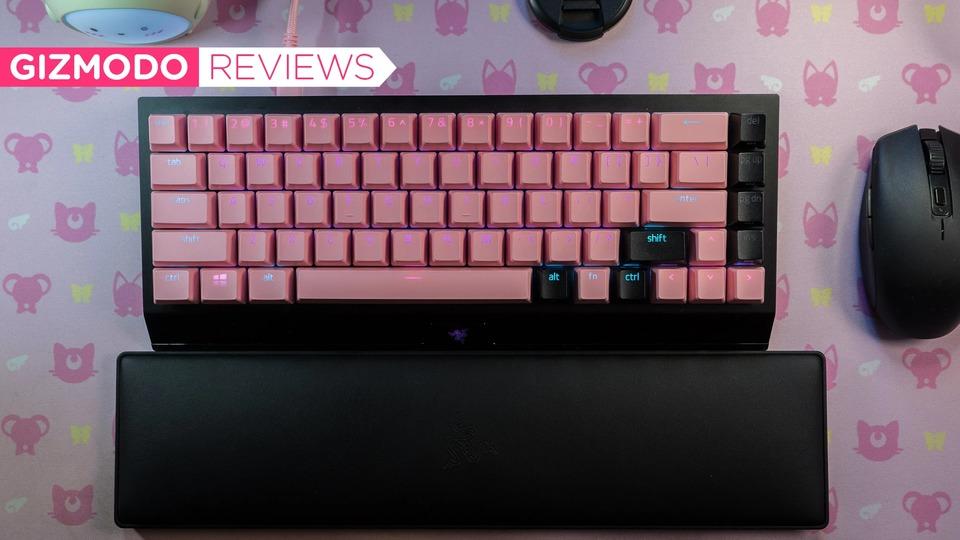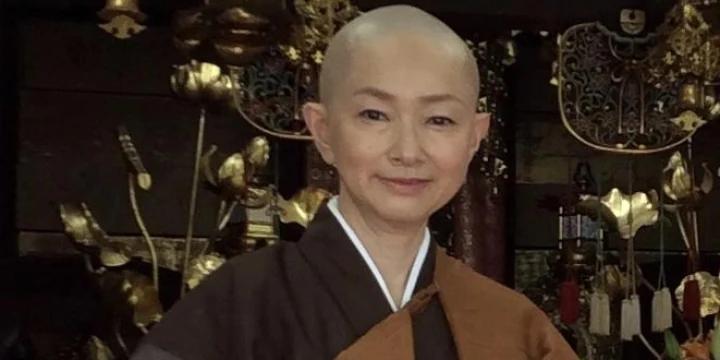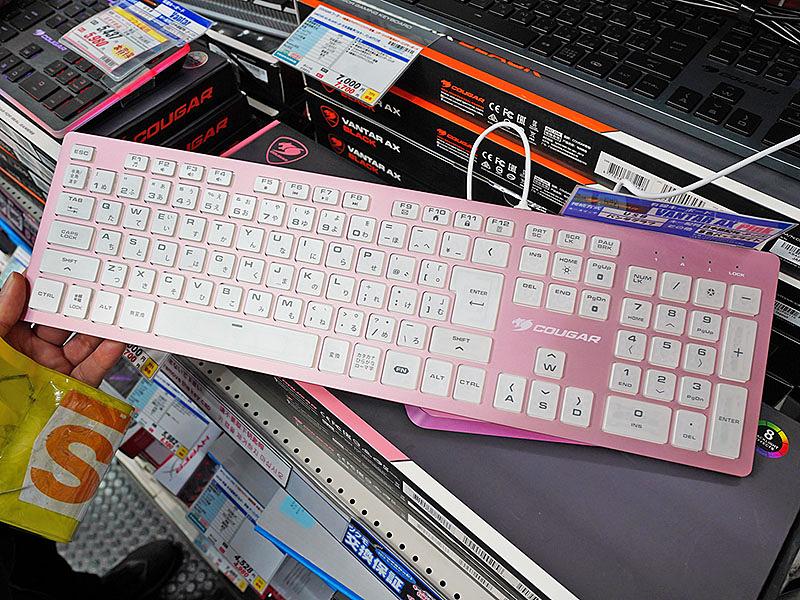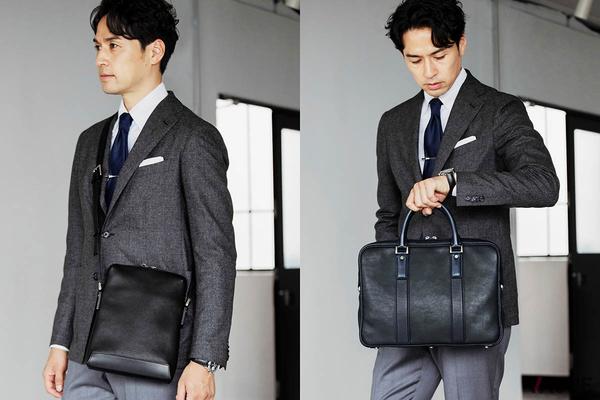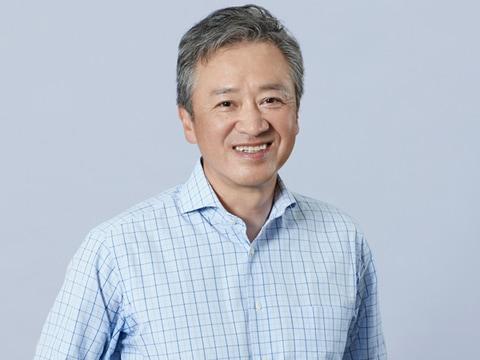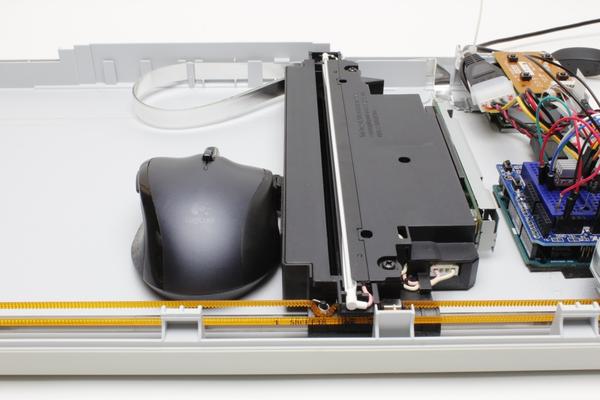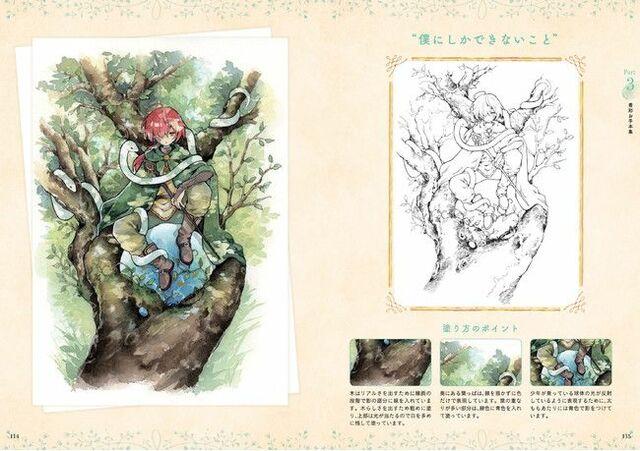Nara Cineeflo, a mysterious new man in UK jazz talks "It's meditation to play music"
The debut album "SPACE 1.8" announced by Nara Cineefro by the prestigious WARP has become a hot topic last year. She is an interaction with the UK jazz scene, and is a Caribbean Belgian musician playing harp and modular synths. Her Guardian and PitchFork praised, and her musicality has already been highly valued, such as being a residence of the popular Radio station NTS in London, but her career is still a mystery. Sometimes. She doesn't know much of her songs, "Space 1", "Space 2", and "Space 3", and even if she searches on her net, she has almost found information as an artist and her remarks. do not have. [See the image] Nara Cineeflo, a mysteriously newly newly newly newly intense “SPACE 1.8” domestic CD liner notes, which will be released on UK jazz. She seemed to be difficult due to the circumstances mentioned above, but her interview was realized after her twists and turns. She can say it herself, but she thinks she has become a pretty valuable article. She talked over ZOOM, and she was a good person, and she liked the surprise, and she said she could do as much as she could talk about music. Her music is made up of a rare balance between live performances and production, and her song is natural and I don't know how much it is. The structure she can't grasp is attractive, but she feels a little understood why she can make such music. * * * ―― She tells me when she was a child, when she started music. Nara: The music was always familiar. She took the music at her house, so she absorbed everything, and she began to play music. She had a piano in the living room, and when she was three, she was hooked on the piano keyboard, and she began to play a simple song with her ears. And the house where she lived was surrounded by trees, and when I went out to the garden, there was a big forest opposite. There were a lot of birds, and many birds were singing and talking from the morning. There are various kinds of birds, each of which is a different melody. She spent a lot of time, listening to the singing voices of the birds when she was a child. She started various instruments when she noticed, under the voices of the birds, the records of her house, and her parents who loved her music. She asked her mother to play a violin when she was six. She started with Suzuki Methods, she did a little folk fiddle at the age of eight, and she learned a bug pipe for several years. She is an accordion. She wanted to try all the instruments around the world. The teacher at the time of the violin was very strict, and because I was always told, "Let's play according to the score!" ) Thanks to that, I was able to play what I heard with my ears. He had reached the synth and harp many years since then. -Have you ever learned music in high schools and universities? Nara: I studied jazz in high school since I was 16 years old, and went to a music college at the age of 18, but did not graduate. But after a year and a half, I took a lot of harmony and practical classes and learned about music around the world. I moved to a university in London from there, but I decided to take a break from school to make an album and dropped out. I'm still learning a lot, so I think every day is an extension of the university. ―How did you learn about the harp performance? Nara: When I was in high school, I played the harp without telling anyone. And a few years ago, I moved to London, so I rental and played without telling anyone. At first, when I was asked by a friend and playing a little with a jazz orchestra, I was asked by the person who saw it, and when I noticed, I came to call out. Originally, I just loved playing the harp alone in the room, but I just did it. -How did you start using a modular synthesizer? Nara: Regardless of the keyboard or modular synth, when I looked at the people I was using, I thought, "Wow, it's amazing!" Belgium, where I was born and raised, has a large rave culture and the underground club scene. Even with the radio, at least 10 years ago, it was full of pop music using synths. I think it is great to grow up after listening to such music. They were always part of my life. But it was quite late to incorporate it into music. The main reason was that I didn't have the money to buy equipment. At first I bought the first computer when I was 18 and learned about Ableton and Logic. One or two years later, I started searching for the cheapest synth every day in E-Bay, and one day I bought Prophet at a very cheap price. That is 2017. I bought four modules in 2018, and now I have only a few. Nara: I used to study live sound engineering before, so I remembered all of them, how to send a signal, and if there was a problem, I thought about it myself. I solved it. If you have any problems, think about how to send signals well. It was much more fun to try and learn it myself, rather than saying, "If you do it, you can't do it." Of course, I referred to a lot of YouTube videos. In other words, synths were acquired on their own while making "Space 1.8". It also means that he made a single album using only four modules and one synth, which he had obtained for the first time in his life. When you make a synth work, you may think that countless synths on a huge rack needed, but in my case I think it was good to be able to make it alone. -Then, please let me know if you have a modular synthesizer performer who inspired you. Nara: The hero for me is Harvey Hancock. His synth is really casual, it's like a carpet and is comfortable for your ears. When he listened to it for the first time when he was 14, he thought, "What is this?" I think everyone can learn a lot by listening to his masterpiece. The usage of synths and keyboards is deep anyway, because it looks like a model.
